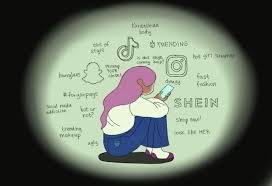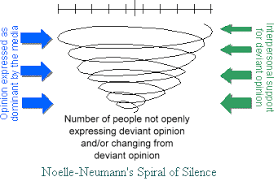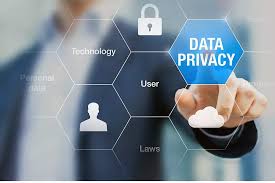In today’s society, the use of mobile phones has become the center of our day-to-day lives. Social media has become a major part of the lives of teenagers and young adults. Social Media outlets like Tiktok, Instagram, and Snapchat provide a platform where we can share our lives online with our friends and family. However, there are negatives to social media. People can hide behind a screen and spread hate, which can be detrimental to someone’s mental health. While social media provides a way to communicate with others, it can be the reason why someone decides their life is no longer worth living.
Social Media Pros
Social media has many positives such as, easier and faster communication, easy access to information, easier marketing, and involvement with civic engagement. There is an entire pool of information at our fingertips and we can all learn something new on social media. With platforms like Snapchat it is easier to communicate with friends or family members over long distances. Tiktok is a major social media platform with content constantly being published to entertain viewers. Social Media has advanced over the decades and more outlets are being created to enhance entertainment and the spread of information.
Social Media Cons
While social media provides many benefits, there is a negative side to social media. Social media has become highly addictive, causing people to not be present in the moment and losing a sense of reality. Mental Health disorders like anxiety and depression have increased amongst social media users. People can be whoever they want to be online, and no one will really know the person behind the username. People often compare themselves to their followers or friends on social media, increasing negative self esteem and the feeling of not belonging. People can also leave hate comments that can cause someone to feel bad about themselves. The benefit of sharing our opinions and information can be important, but this can also lead to someone questioning if their life is worth living.
My Personal Story
Growing up I wasn’t allowed to have social media on my phone until I was in high
school. I used to have resentment towards my parents because of this. However, I now thank my parents because my relationship with social media has been very negative. I became obsessed with comparing myself to everyone I was seeing on Instagram and Tiktok. I always thought “I’m not skinny like her” or “why am I not as pretty as her”. These feelings led to a decline in my mental health and I battled with depression for a few years because the feeling of never being enough stemmed from my obsession with comparing myself to people online. I now have a better relationship with social media and I limit my time on it in my day-to-day life.
My Thoughts
I believe social media has been useful for me to connect with my long distance friends and family. I can stay up to date with my family members and I do enjoy looking at posts from my friends that I do not see on a daily basis. I have always been cautious about what I post or share on social media. Our digital footprint can play an important role when landing a job or internship. It is important to have a clean digital footprint to not only protect yourself but to spread positivity to those around you. I believe the advancement of technology has been beneficial for companies and media outlets to gain a bigger target audience. I enjoy seeing articles online about my favorite sport, hockey, and social media has made it easier for sports fans to stay up to date with their favorite team. While social media has provided an easier way to communicate with others, there is also the possibility of it negatively impacting someone’s mental health. It is important to be aware of what you post and to learn to separate social media from the real world.













